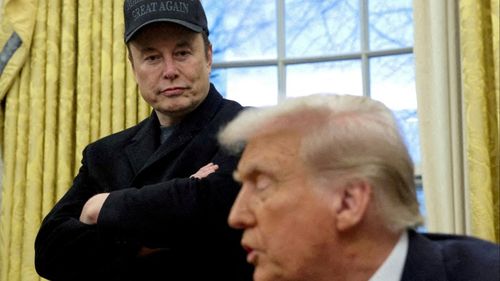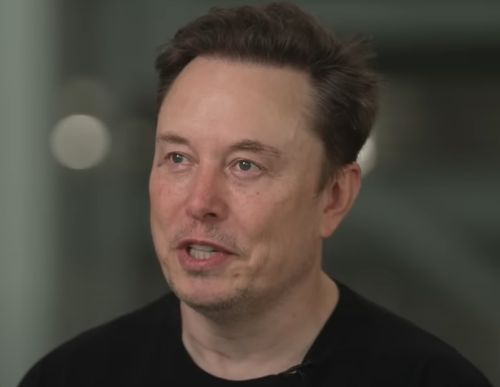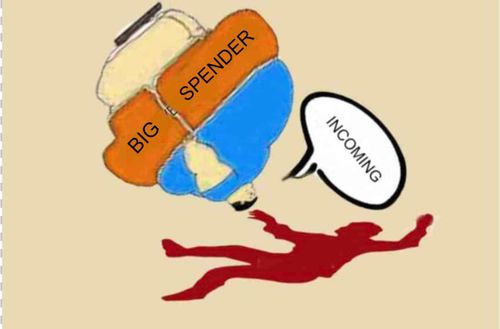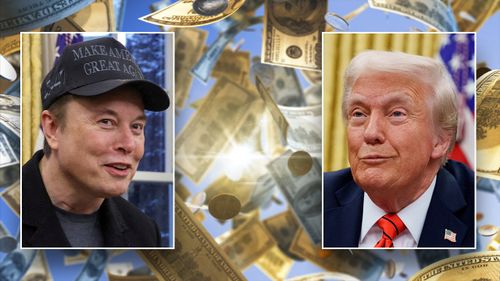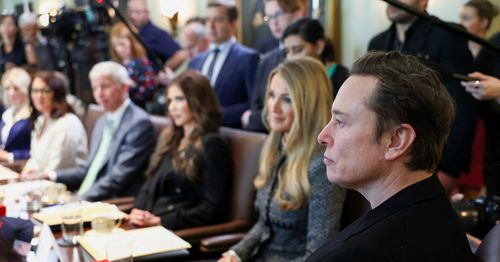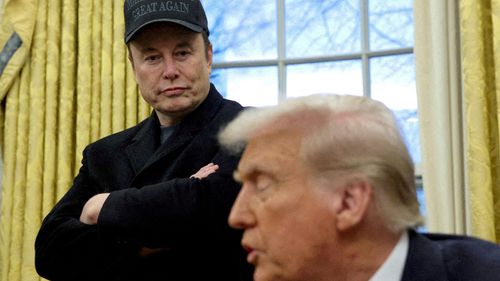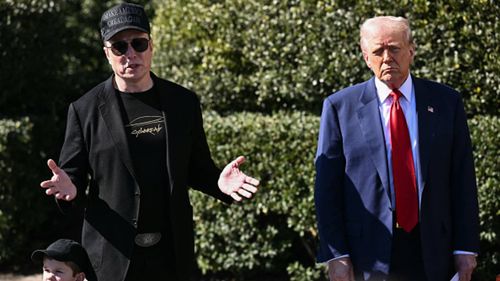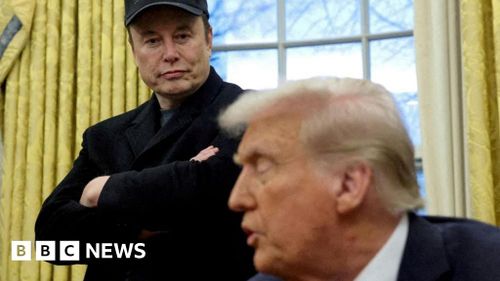Elon Musk criticizes Trump's 'big beautiful bill,' a fracture in a key relationship
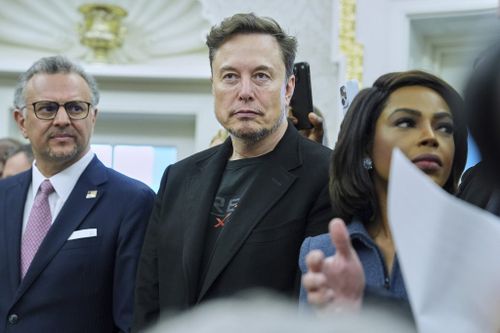
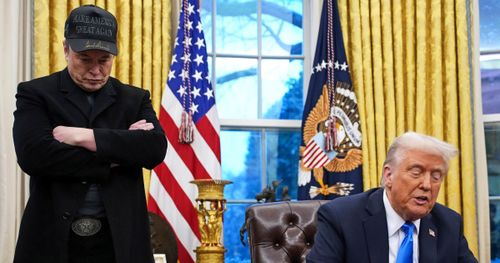
Elon Musk broke with President Donald Trump on the House-passed domestic policy bill, saying in an interview that he was "disappointed" that it would increase the federal deficit. "I was, like, disappointed to see the massive spending bill, frankly, which increases the budget deficit, not just decrease it, and undermines the work that the DOGE team is doing," Musk told CBS' "Sunday Morning" in an interview that will air in full this Sunday. Musk's public break comes as the Republicans' bill heads to the Senate, where several senators have also criticized the legislation for increasing the deficit. The legislative package encompasses many of Trump's priorities, and the president has urged Congress to send the bill to his desk for a signature "as soon as possible." The tech mogul's remarks in the interview also come as he has suggested he would be backing away from his administration role to return his attention to the private sector.
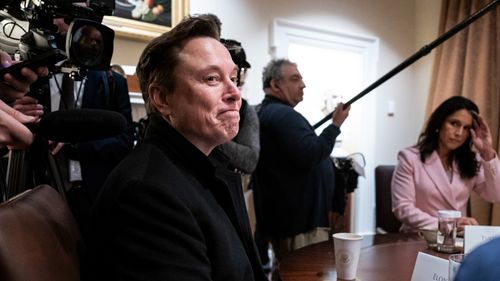
Elon Musk has broken ranks with President Donald Trump over the administration’s signature tax and spending bill. He said the One Big Beautiful Bill Act undermines the very agency Trump tapped him to lead. In an exclusive interview with CBS Sunday Morning, Musk criticized the bill’s impact on federal finances and the Department of Government Efficiency (DOGE). According to the Congressional Budget Office (CBO), the bill would increase the federal deficit by $3.8 trillion over the next decade. The Trump administration said the plan will increase long-term real GDP by up to 3.5% and raise median household incomes by $5,000 per year.
The remarks by Musk, a Trump supporter, could possibly impact prospects for the “Big Beautiful Bill” in the upper chamber, where it could face challenges. Sen. Ron Johnson, R-Wisconsin, wants further budget cuts, while other Republicans argue the Medicaid cuts in the bill go too far. A handful of GOP legislators support some of the Biden administration’s Inflation Reduction Act tax credits and do not want them eliminated. The spending bill is the centerpiece of Trump's domestic policy agenda and could define his second term in the White House. Independent analysts have warned it would increase the deficit by as much as $4 trillion over a decade.

